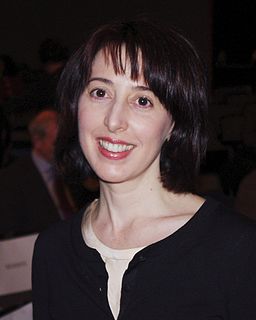A Quote by Susan Sontag
Books are funny little portable pieces of thought.
Related Quotes
I remember my fourth grade teacher reading 'Charlotte's Web' and 'Stuart Little' to us - both, of course, by E. B. White. His stories were genuinely funny, thought provoking and full of irony and charm. He didn't condescend to his readers, which was why I liked his books, and why I wasn't a big reader of other children's' books.
It doesn't matter how many televisions and computers and pieces of stereo equipment the Chinese send to us, even if they're sending them to us only in return for some funny, little, green pieces of paper. That is a balanced trade. They got what they wanted: the green pieces of paper. We got what we wanted: the plush toys, the computers, the stereo components.
Love is like a teacup that every day falls to the ground and breaks to pieces. In the morning the pieces are gathered and with a little moisture and a little warmth, the pieces are glued together, and again there is a little teacup. He who is in love spends life fearing that the terrible day will come when the teacup is so broken that it can no longer mended.
I don't know that I make a big distinction between the big pieces and the little pieces, because I don't experience them in that way. I mean, by the same token, you're out touring with a band and then you're writing string quartets, and in a funny way, isn't it all the same, in a way? It's all just music.
The rest, with very little exaggeration, was books. Meant-to-be-picked-up books. Permanently-left-behind books. Uncertain-what-to-do-with books. But books, books. Tall cases lined three walls of the room, filled to and beyond capacity. The overflow had been piled in stacks on the floor. There was little space left for walking, and none whatever for pacing.
Only idiots or snobs ever really thought less of 'genre books' of course. There are stupid books and there are smart books. There are well-written books and badly written books. There are fun books and boring books. All of these distinctions are vastly more important than the distinction between the literary and the non-literary.

































